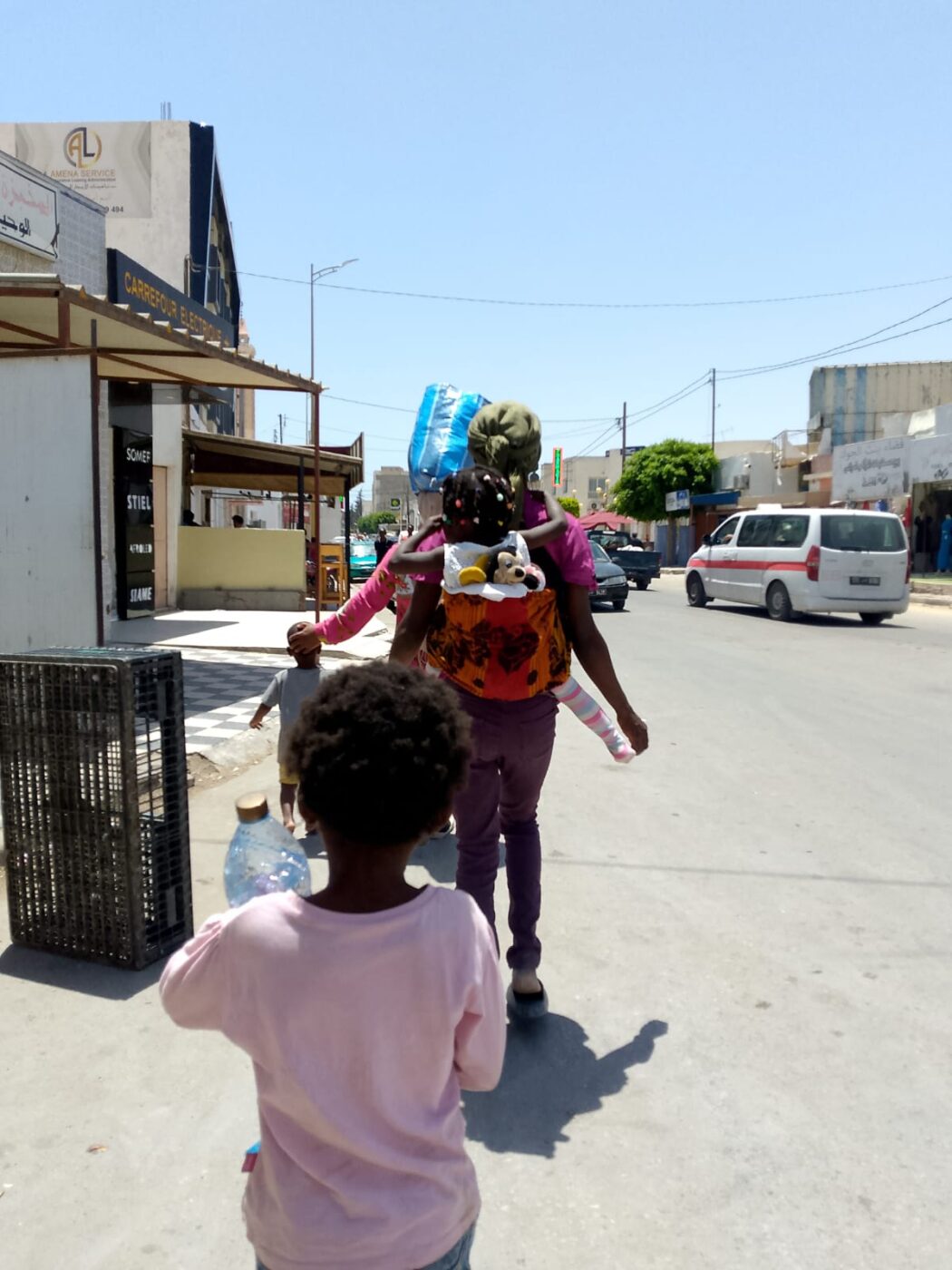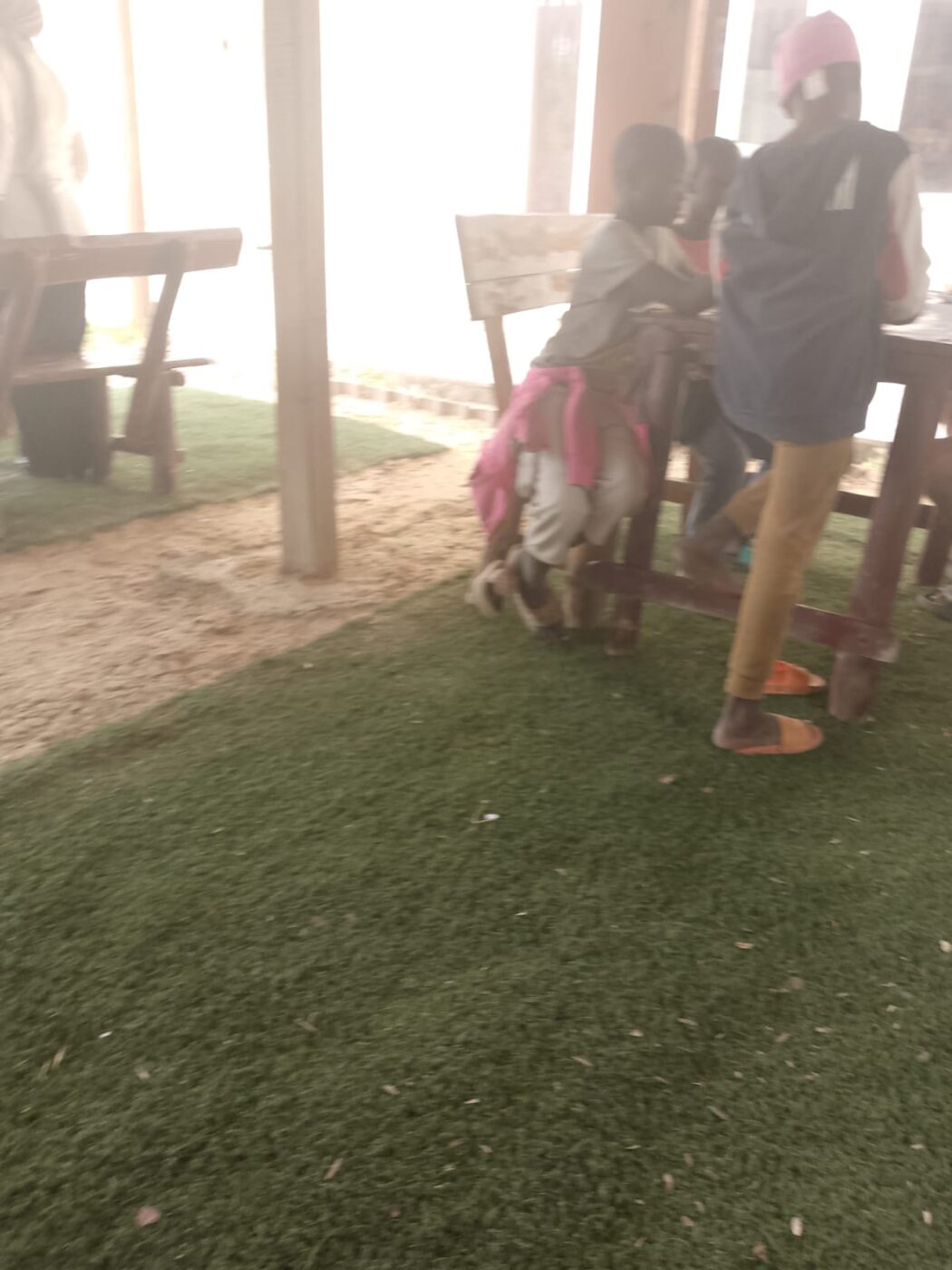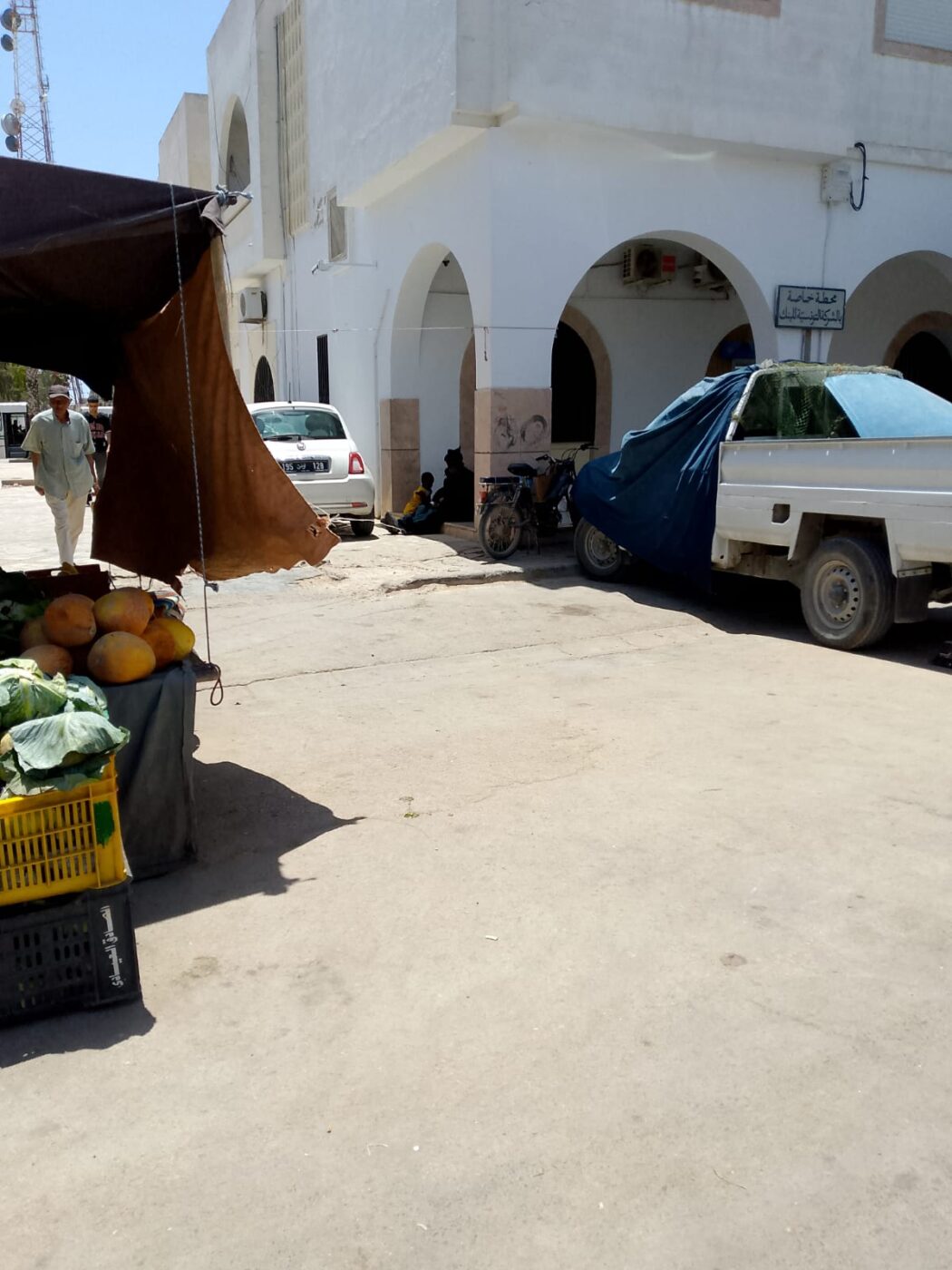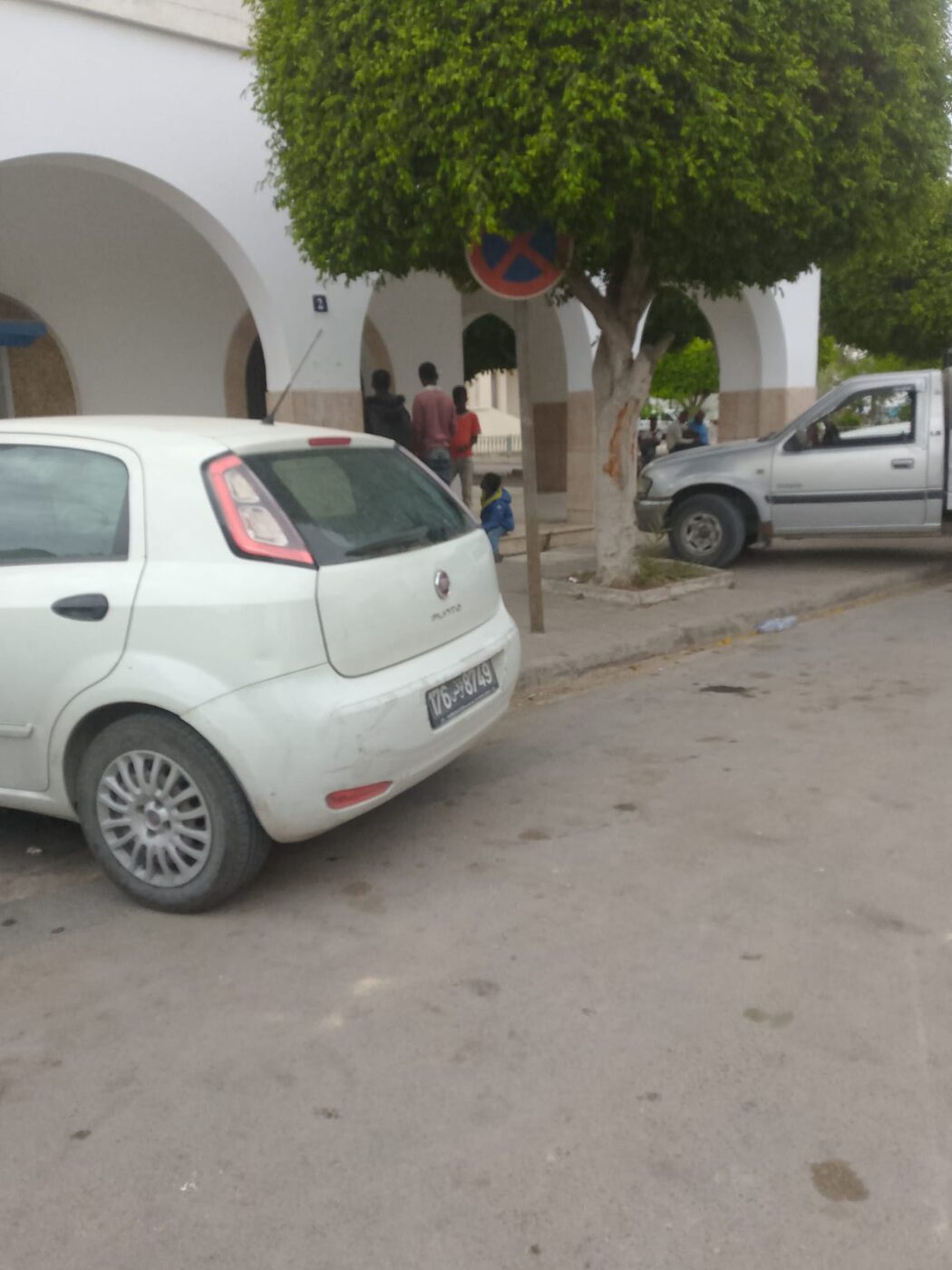Nodes 33 / 34 - Antenna
Ended
March - December 2024
Countries: Tunisia
Nodes: Mahdia, Chebba
The presence of sub-saharan migrants in Sfax: state repression, local dynamic and strategies to cope with the tension
This ethnographic report critically examines the evolving presence of sub-Saharan migrants in Tunisia, particularly in the city of Sfax and the town of Jbeniana, within the broader context of Mediterranean migration governance and Tunisia’s shifting role from transit to destination country. The study foregrounds the intersection of race, gender, class, and migration status, revealing how state repression, structural racism, and economic precarity shape both migrant experiences and local perceptions.
Following President Kais Saied’s controversial 2023 speech, which framed sub-Saharan migration as a demographic threat and part of a “criminal scheme,” the report documents a surge in xenophobic violence, racialized discourse, and institutional neglect. Migrants—especially women—face compounded vulnerabilities, including sexual exploitation, stigmatization, and exclusion from legal protections, despite Tunisia’s 2018 anti-discrimination law.
The report employs covert ethnographic methods due to political constraints, capturing candid public sentiment and everyday interactions. It highlights the ambivalence of local solidarity, which oscillates between humanitarian empathy and economic resentment, exacerbated by Tunisia’s socio-economic crisis and the externalization of EU border policies.
A key contribution is the analysis of gendered migration, emphasizing how migrant women navigate survival through informal economies, including sexual labor, and resist victimizing narratives through agency and resilience. The study also critiques the complicity of humanitarian organizations in reproducing selective vulnerabilities aligned with EU interests.
The report culminates in a public sociology initiative—a podcast series engaging researchers, activists, and citizens—to challenge dominant narratives, foster critical dialogue, and advocate for inclusive migration policies. It calls for a rethinking of Tunisia’s migration governance, urging recognition of migrants’ humanity and the structural forces that shape exclusion and resistance.








